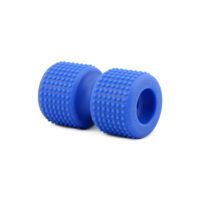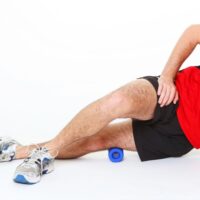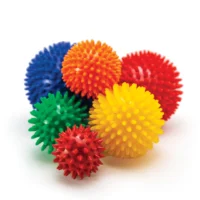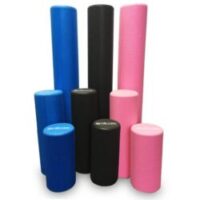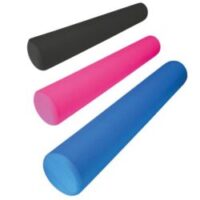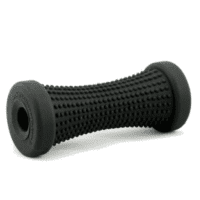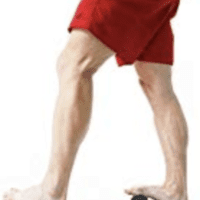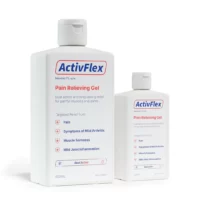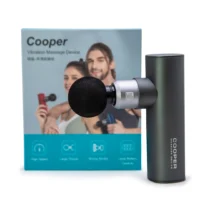Sports Massage

Maximise Athletic Performance with Effective Sports Massage
Explaining Sports Massage
Sports massage is a specialised form of therapy, focusing on the muscle systems used in athletic activities. Unlike traditional massage, it is tailored to address the unique stresses athletes place on their bodies. It combines elements of Swedish and deep tissue massage, often incorporating stretch therapy, to prepare for, or recover from, athletic performance.
The Benefits of Pre-Event Sports Massage
Before an event, athletes seek to enhance performance and prevent injury. A pre-event sport massage, administered 30 minutes to 24 hours before the event, aims to boost circulation, flexibility, and mental clarity. It complements, rather than replaces, a warm-up routine. Therapists customise the massage based on the athlete’s sport and the muscles most engaged.
Related Article: Pre-Event Massage
Post-Event Sports Massage: Aiding Recovery
Following an event, quick recovery is crucial. Post-event sport massage focuses on relaxing muscle tone, improving recovery circulation, and restoring flexibility. This helps athletes return to training with reduced stiffness and soreness. It can also serve as an initial assessment for potential injuries or conditions like heat exhaustion or hypothermia.
Related Article: Post-Event Recovery Massage
Techniques Used in Sports Massage
Sport massage therapists employ various techniques such as trigger point therapy, cross-fibre methods, and deep tissue work. These techniques are more aggressive, aiming to deeply approach muscles, enhancing their recovery and function. The key lies in understanding the athlete’s body and the demands of their sport.
When to Consider Sports Massage
Athletes should consider sports massage not only when preparing for or recovering from an event but also as a regular part of their training regimen. Regular sessions can prevent injuries, enhance performance, and aid in overall muscle health.
Conclusion
Sports massage is an integral part of any athlete’s training and recovery process. By addressing specific muscle groups and focusing on the unique requirements of athletic activities, it can significantly enhance performance and aid in faster recovery.
What to Do?
For personalised advice and treatment, athletes should consult with a physiotherapist or sports massage therapist. A professional can assess individual needs and recommend a sport massage regimen tailored to their specific sporting activities and goals.
Related Articles
Massage Therapists
Massage FAQs
Your Ultimate Guide to Massage Therapy and Muscle Injury Recovery
If you're curious about the world of massage therapy and its benefits, look no further. This article will serve as your go-to resource as we explore the various conditions that massage therapy can treat and delve into its numerous benefits.
Let's discover the best massage techniques and learn about the difference between remedial and relaxation massage. We will uncover the wonders of trigger point therapy and acupressure in aiding muscle injury recovery.
For athletes, we'll explore the world of sports massage and discuss the best time to receive pre-event and post-event massages.
Additionally, we'll discuss how you can purchase massage gift vouchers for your loved ones. But that's not all—this article will also address common muscle injury FAQs, including diagnostic methods and the different types of muscle injuries. We'll dive into the best treatments for muscle injuries, including dry needling, strengthening and stretching exercises.
Whether you seek relaxation or are dealing with a muscle injury, this guide has all the answers to help you embark on your massage therapy journey.
Massage FAQs
- What Conditions Can Massage Therapy Help?
- What are the Benefits of Getting a Massage?
- What Are The Best Massage Techniques?
- PhysioWorks Massage - Money Back Guarantee!
Massage Styles
- What Are The Common Massage Styles?
- What Is The Difference Between Remedial & Relaxation Massage?
- How Does Trigger Point Therapy Help?
- How Does Acupressure Help Muscle Injury?
Sports Massage
- What is Sports Massage?
- When is the Best Time to Get a Pre-Event Massage?
- When is the Best Time for Your Post-Event Massage?
Massage Gift Vouchers
Common Muscle Injury FAQs
Diagnostic
- How Do You Know If It's A Muscle Injury?
- What are the 4 Types of Muscle Injuries?
- What are the Most Common Muscle Injuries?
- What is a Trigger Point In A Muscle?
- What Causes Post-Exercise Muscular Pain?
- How Do You Know If Your Back Pain Is Muscular?
- Tendinopathy vs Muscle Tear?
- Muscle vs Ligament Injury?
Treatment & Recovery
- What is the Best Early Muscle Injury Treatment?
- How Long Does It Take For A Muscle Injury To Heal?
- What Helps Muscle Strains Heal Faster?
- How Does Dry Needling Help Muscle Injury?
- How Can You Speed Up Muscle Recovery?
- What's the Benefit of Stretching Exercises?
- How Do Foam Rollers Help Muscle Recovery?












